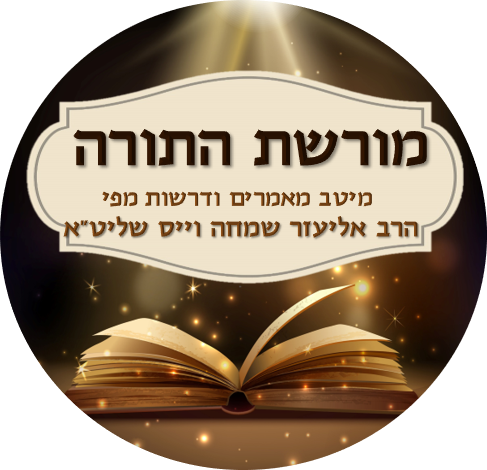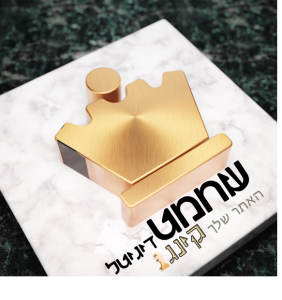When the Torah describes the Jewish people’s travels after the Exodus from Egypt, it uses terms such as “they journeyed” and “they arrived”. However, something striking occurs once the Jews encamp at Mount Sinai: Parshat Yitro (Shemot- Exodus 19:2) states, “Vayichan sham Yisrael neged hahar” – “and Israel encamped there, opposite the mountain,” using the singular verb Vayichan.
Rashi is bothered why the word “vayichan” is written in singular tense if it refers to all of Bnei Yisrael. Rashi answers, by citing The Mekhilta who notes the use of the singular for the verb, as though Israel were an individual, and writes, “Kish echad b’lev echad” – “as one person (lit. man) with one heart”.
However, in Parshat Beshalach the Torah describes how the Egyptians chase Bnei Yisrael at the Red Sea. “and here too the verb is in the singular – “Egypt chases after them”. One of Rashi’s explanations is” with one heart, like one person”. Note that in this instance the heart is mentioned first.
The obvious question is why did Rashi switch the order? Concerning the Egyptians he wrote “one heart and one person”. In contrast, with Bnei Yisrael he wrote “one person with one heart”.
There are always people from different backgrounds with different life desires needs and wishes who nevertheless unite for a particular project. However, once the goal has been met they part ways not to have further connection with each other. This was the case with the Egyptian people as they chased the Jews into the sea. They were wicked people who only cared about themselves. The only reason they joined together was because they had one goal in mind, to retrieve Bnei Yisrael and the money that they had taken from them as they were leaving Egypt. They united not out of mutual caring but for this one cause. That is why Rashi says “they were with one heart, like one person”. Only when they had one heart, one common goal and mission, could they work together. Had they lived long enough for their aim to be achieved they would once again be divided.
This is not the case with Bnei Yisrael. The “ish echad“, the unity of the people, precedes the “leiv echad“, the common mission. The Children of Israel are like one person, like one body. We are always connected. . If one arm opens the door the other arm will walk through with the rest of the body. We see this so clearly when a tragedy strikes our nation, Chas V’Shalom. Regardless of the background or country, everyone joins in together with support.
At the Pesach Seder we say if Hashem had brought us before Mount Sinai, but not given us the Torah, Dayeinu- it would have been enough for us. What would have been the benefit of coming to Mount Sinai if Hashem did not give us the Torah?
The answer is the benefit of realizing the special quality of the “ish echad“of Am Yisrael, the unity of the people would have been acquired by Hashem bringing us before Mount Sinai. Bnei Yisrael would have become aware of the fact that they are like like one person, like one body Such knowledge that we are like one person, like one body deserves our praise of G-d – Dayeinu!

 שחמט דיגיטל
שחמט דיגיטל